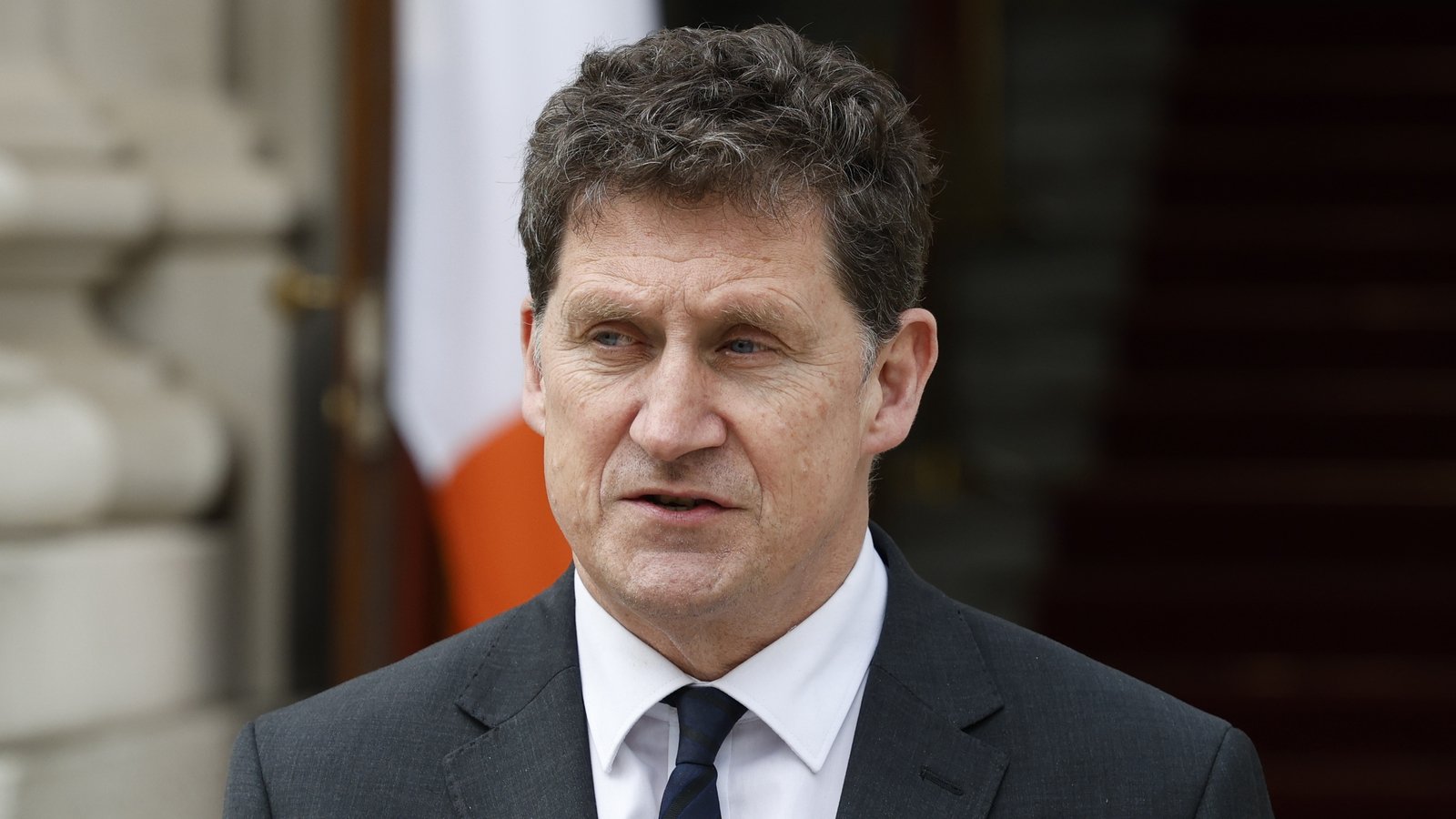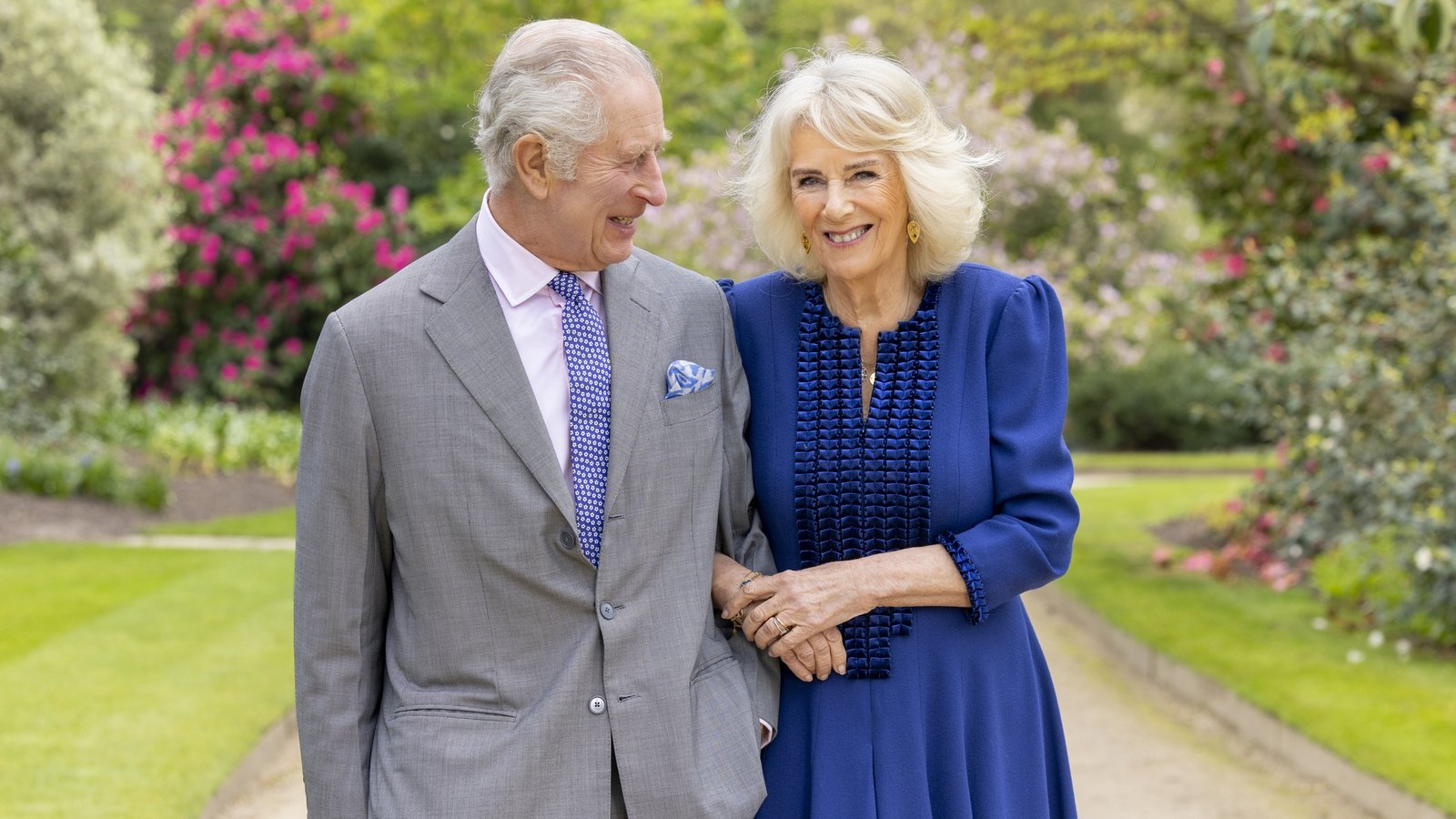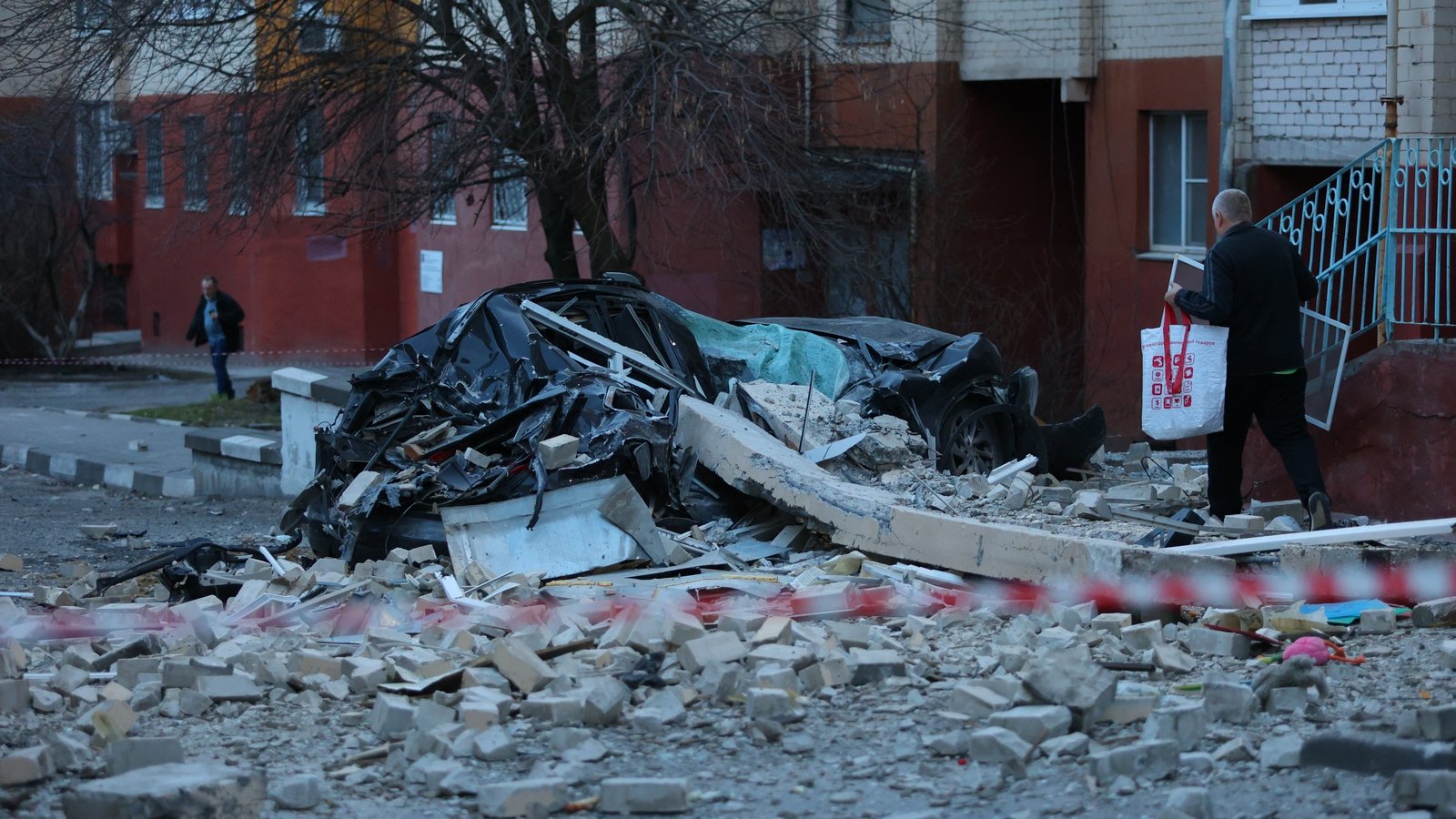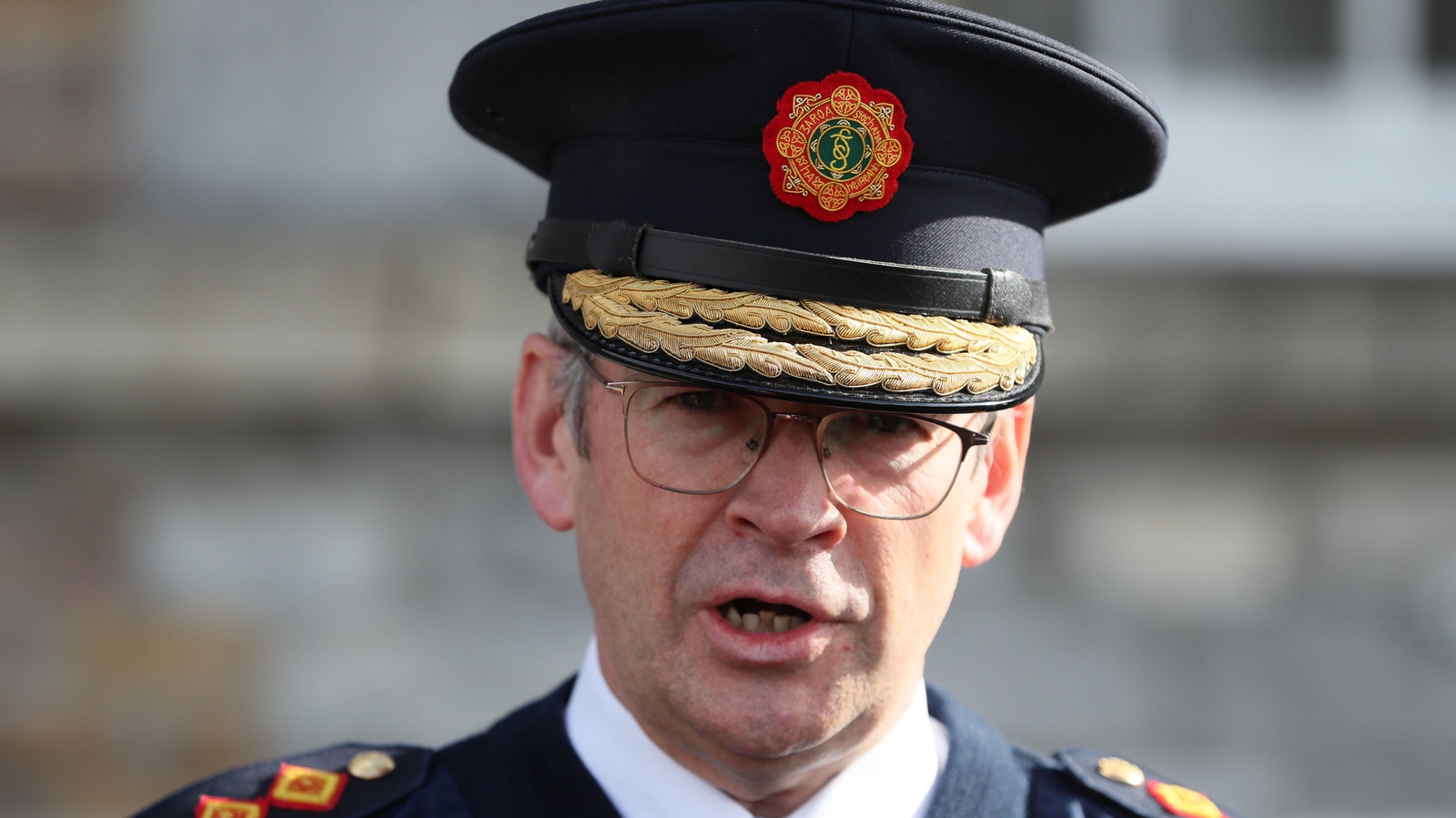Has the US abandoned Israel at the United Nations?
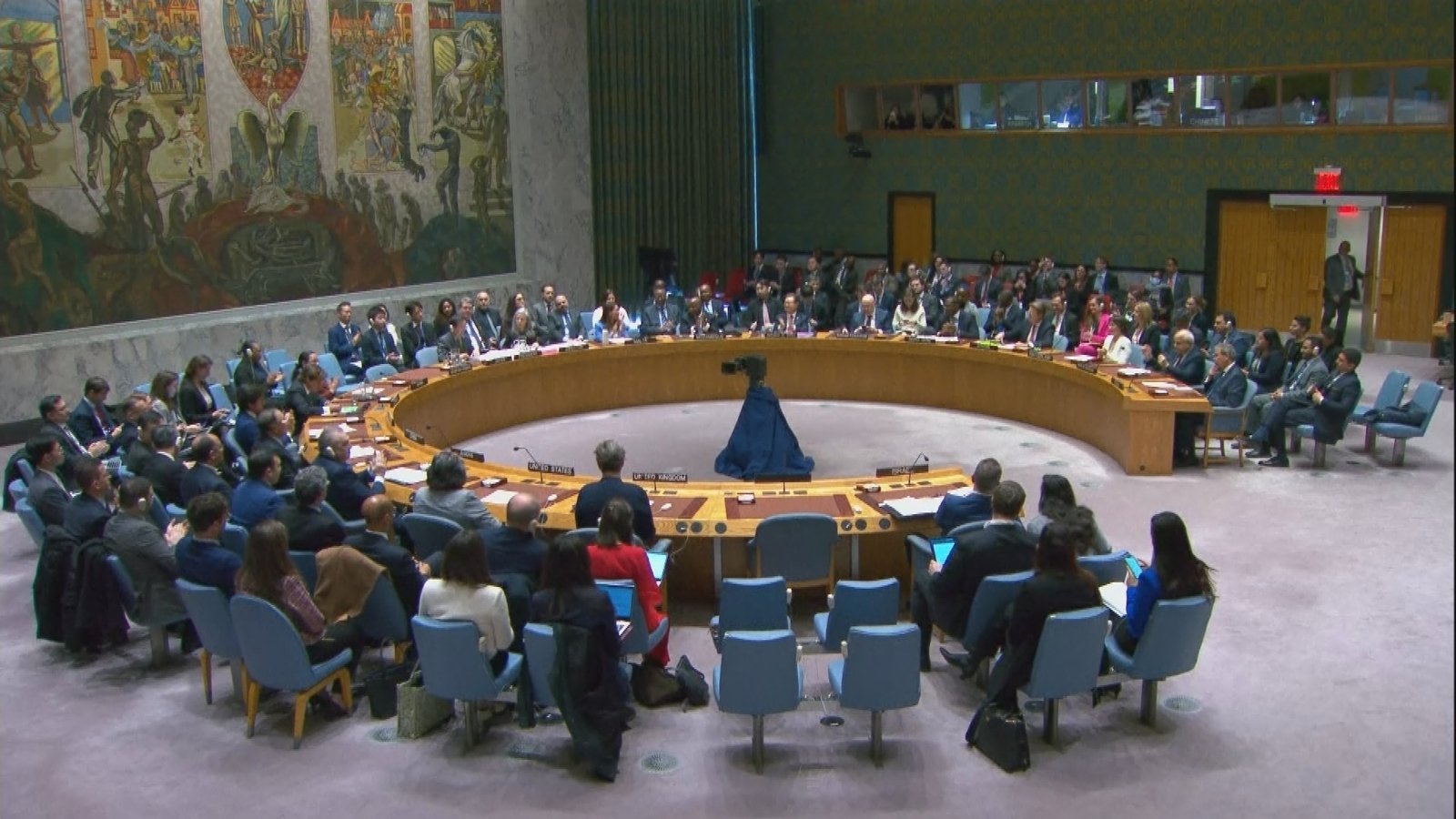
If there’s one thing Israel has been able to count on at the UN, it’s the US using its veto to block Security Council action. But that changed yesterday.
Almost six months into the war sparked by the Hamas-led attacks on Israeli civilians on 7 October, which has since killed an estimated 32,000 Palestinians, mostly women and children, the United States suddenly dropped its opposition to a ceasefire.
A sense of relief could be detected in the applause that rippled around the chamber as the result of the voting was announced.
Many diplomats had been working towards this moment for months. But there was also a sense that this marked a turning point.
Was the US now siding with the vast majority of UN member states who have been calling for a ceasefire in the General Assembly for months?
And if so, what does it say about the relationship between these two staunch allies?
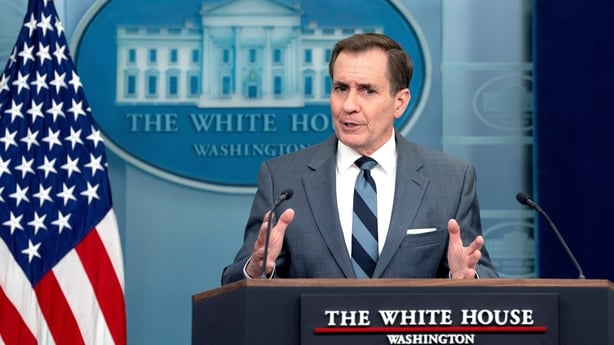
Of course, the United States insisted this wasn’t a change in direction. They were just waiting for the right wording which linked any ceasefire demand with the unconditional release of hostages, US officials said.
The US still had Israel’s back and this was not a “shift in policy”, the US National Security Council spokesman John Kirby later told reporters.
However the Israeli government saw it as exactly that and reacted with fury saying the US abstention harmed efforts to release the hostages, immediately spiking plans for a high-level diplomatic visit to Washington DC this week.
The US administration had invited senior Israeli officials to the US to discuss their concerns over Israel’s proposed incursion into Rafah.
Now that meeting will not go ahead, but US officials insisted they would still raise the issue when the US national security adviser Jake Sullivan meets Israeli defence minister Yoav Gallant this week.
The US appeared to have been wrongfooted by Israel’s reaction. “Perplexed” was the word Mr Kirby used.
But it’s hard to believe the two administrations didn’t discuss it in advance.
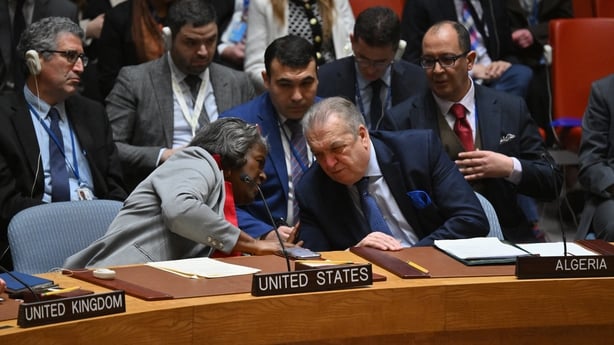
Israel certainly knew that the US was planning to abstain because Prime Minister Benjamin Netanyahu threatened to cancel the delegation’s visit even before the Security Council sat down yesterday morning.
But it does show that the US is becoming increasingly worried about the impact its support for Israel has had on its own international standing.
Many UN ambassadors now openly scoff at stated commitment by the US to human rights and the international “rules-based order”.
In recent weeks, the US has ratcheted up the pressure on Israel to respect international law as it bombards Gaza and limits aid access.
But with famine and disease stalking the displaced people of Gaza, US and UN pleas to Israel to allow more aid have fallen on deaf ears.
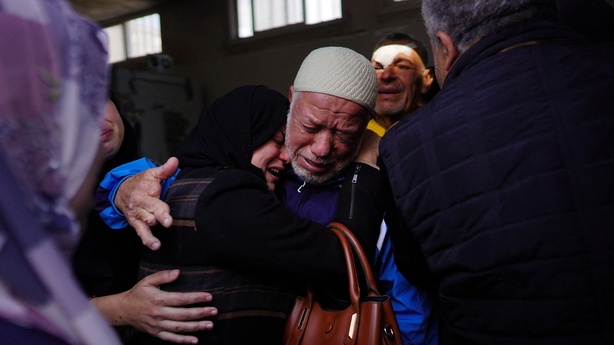
The US has even resorted to airdropping aid parcels and building a floating pier off the Gazan coast.
Certainly, US military support for Israel has not wavered, despite objections from some politicians on Capitol Hill as well as many American voters.
The Senate recently approved $14bn (€12.9bn) in military aid to Israel.
And Mr Netanyahu likely feels confident in the knowledge that cutting off military support to Israel would be political suicide for any American leader.
It’s certainly not an option in an election year. But what the US can do is use the Security Council to put the squeeze on.
Despite comments from US officials yesterday intimating that Security Council resolutions were not legally binding – they are. If they weren’t, it’s doubtful the US would have expended so much diplomatic effort and capital blocking previous votes.
So perhaps the abstention is a sign that the US is telling Israel: listen to us or we won’t protect you at the UN anymore.
Israel’s government has vowed to press ahead with the war anyway and not stop until Hamas is “eliminated”.
With this abstention, the US is making itself heard. But it shows the limits of America’s influence over an ally for which it has largely sacrificed its reputation at the UN.

